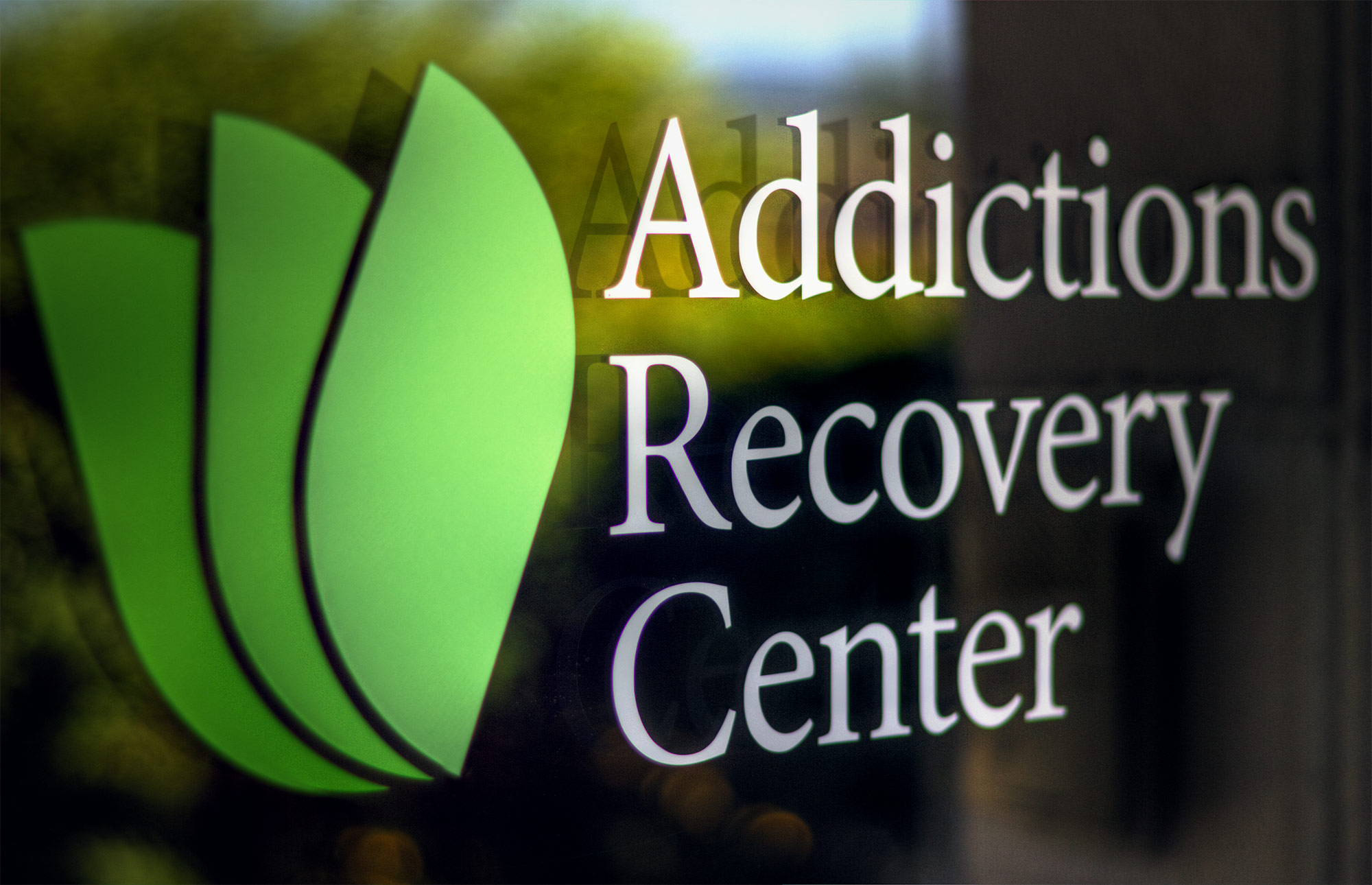Customized Recovery: Benefits of an Accredited Addiction Treatment Center
Customized Recovery: Benefits of an Accredited Addiction Treatment Center
Blog Article
Browsing the Journey of Cleansing in the Comprehensive Dependency Treatment Program
Starting the course of detoxing within the framework of an extensive addiction treatment program is an essential phase in the journey towards recuperation. The procedure of cleansing holds a considerable function in breaking the physical reliance on compounds and preparing the individual for the subsequent stages of therapy. Nevertheless, browsing with cleansing is not simply a matter of physical cleansing; it entails an intricate interaction of emotional, psychological, and social aspects that need cautious consideration and support. As people grapple with the challenges of withdrawal signs and symptoms and the unpredictabilities that lie ahead, having a robust assistance and a structured plan system in place becomes paramount. In this conversation, we will explore the complex elements of detoxification within the thorough addiction therapy program and lost light on the crucial components that form this transformative trip towards recovery.
Value of Detoxification in Recovery

Detoxing establishes the structure for the remainder of the dependency therapy program by preparing the person for more treatment and therapy. By cleansing the body important that have actually been clouding judgment and influencing actions, detoxification makes it possible for people to approach their recuperation with a more clear mind and stronger focus.
Furthermore, cleansing helps in managing the potentially extreme withdrawal signs and symptoms that might develop when drug or alcohol usage is quit. Physician closely check people throughout detox to ensure their safety and give essential support. Through this procedure, people can begin their trip in the direction of sobriety with a stabilized psychological and physical state, boosting the probability of a successful recuperation.
Comprehending the Detox Refine
Cleansing, a fundamental part of addiction treatment programs, involves an organized process focused on safely getting rid of harmful compounds from the body to assist in a successful recuperation journey. The detoxification process generally begins with an analysis to assess the individual's material usage history, physical wellness, and mental wellness. This assessment aids health care specialists identify one of the most suitable detoxification plan customized to the person's needs.
Throughout detox, the body experiences withdrawal as it adjusts to the lack of the material. Withdrawal symptoms differ relying on the kind of substance utilized, the period of use, and private variables. Medical guidance throughout detoxification is crucial to handle withdrawal symptoms and make certain the person's safety and comfort.

Managing Withdrawal Symptoms

Medications may be used to ease particular withdrawal signs and symptoms and reduce discomfort. For instance, drugs like methadone or buprenorphine can help handle opioid withdrawal signs and symptoms, while benzodiazepines may be used for alcohol withdrawal. It is important for health care service providers to very carefully check the individual's reaction to these medications to ensure their security and performance.
In addition to pharmacological interventions, supportive therapies such as counseling, peer assistance teams, and alternative techniques like mindfulness meditation or yoga exercise can aid people deal with the psychological and psychological challenges of withdrawal. By addressing withdrawal signs thoroughly, doctor can enhance the cleansing experience and support individuals on their journey to recuperation.

Support Equipments During Detox
Support group play a crucial role in providing emotional and social aid to individuals undergoing detoxification in addiction therapy programs. During the detoxification process, people commonly experience a series of physical and mental withdrawal signs, making this phase challenging - Addiction Treatment Center. Having a strong support group in position can substantially influence the person's capacity to browse through detoxification effectively
Support teams supply a system for individuals to link with others who are going with comparable experiences, offering a feeling of community and shared understanding. Healthcare professionals, consisting of therapists, doctors, and counselors, play a critical role why not try this out in monitoring the individual's progression, giving medical assistance, and offering advice throughout the detox procedure.
Looking Ahead: Life After Detoxification
Having efficiently finished the detoxing stage, individuals in dependency treatment programs currently concentrate on preparing for the difficulties and possibilities that exist get more ahead in their trip in the direction of recovery. Life after detox notes an important change duration where people must remain to improve the development made during detox to maintain their sobriety. It is necessary for people to recognize that the trip towards recovery is ongoing and needs commitment, commitment, and a willingness to accept modification.
One trick facet of life after detoxification is the development of coping systems to deal with triggers and food cravings that might emerge. This may entail discovering brand-new abilities, such as mindfulness methods, cognitive-behavioral techniques, and anxiety management techniques, to navigate tough situations without considering substance use. Furthermore, people are encouraged to proactively take part in recurring treatment, support system, and aftercare programs to reinforce their support network and receive advice as they navigate the complexities of life post-detox.
Verdict
Recognizing the detoxification process and managing withdrawal symptoms are important steps towards recuperation. It is important to acknowledge the value of detoxification in the process of getting over dependency and moving in the direction of a life of sobriety.
Clinical supervision throughout detox is important to take care of withdrawal signs and symptoms and make certain the learn this here now individual's security and convenience.
By understanding the detox process and its value in breaking the cycle of addiction, people can begin on a path in the direction of lasting healing.
During the detoxification procedure, individuals typically experience an array of mental and physical withdrawal signs and symptoms, making this phase difficult. Healthcare professionals, consisting of doctors, therapists, and counselors, play an essential role in monitoring the person's progression, supplying clinical assistance, and providing advice throughout the detox procedure.
Life after detoxification notes a critical shift period where individuals need to continue to build on the development made during detox to keep their sobriety.
Report this page